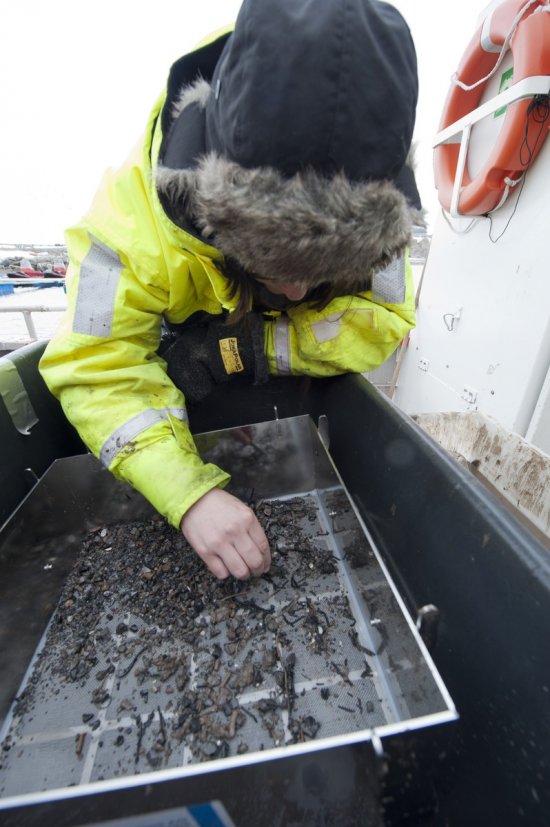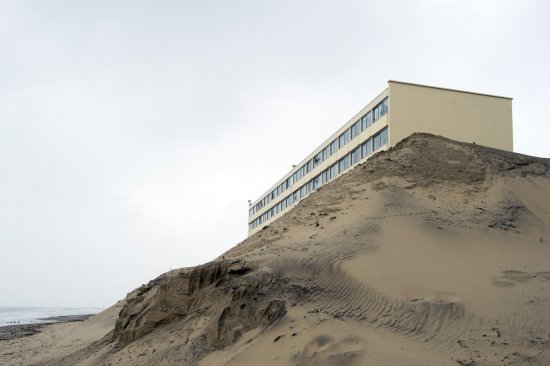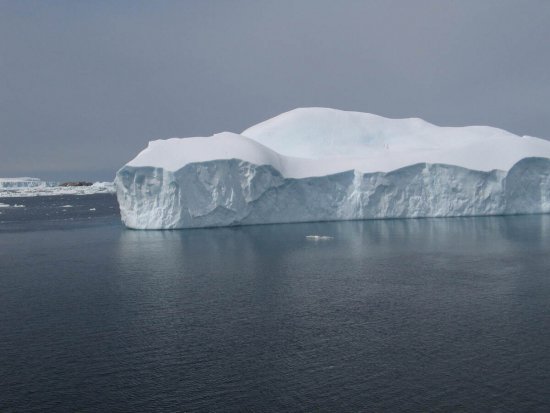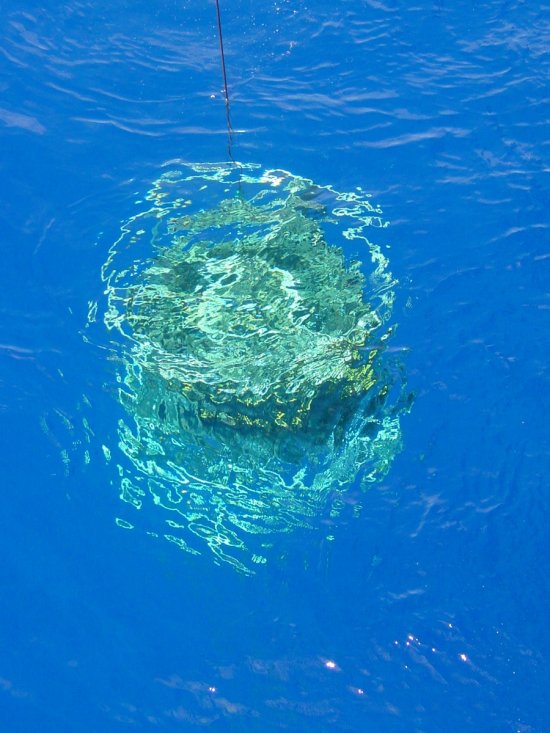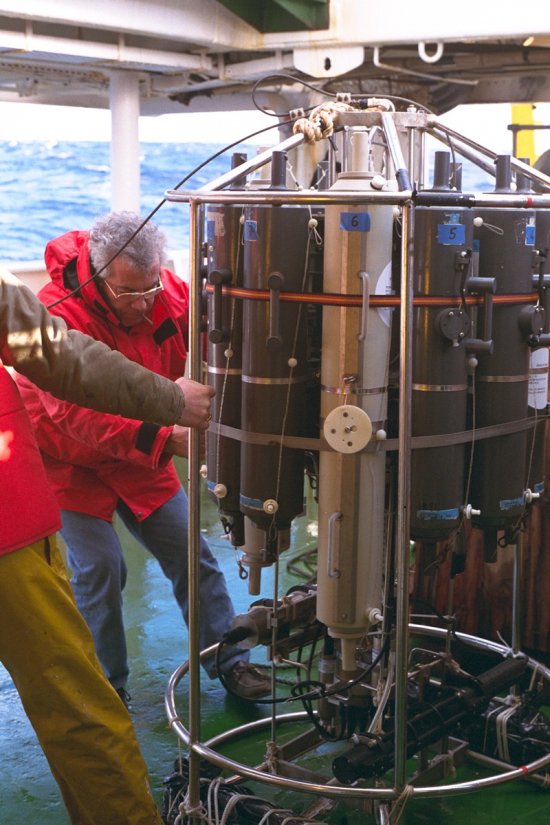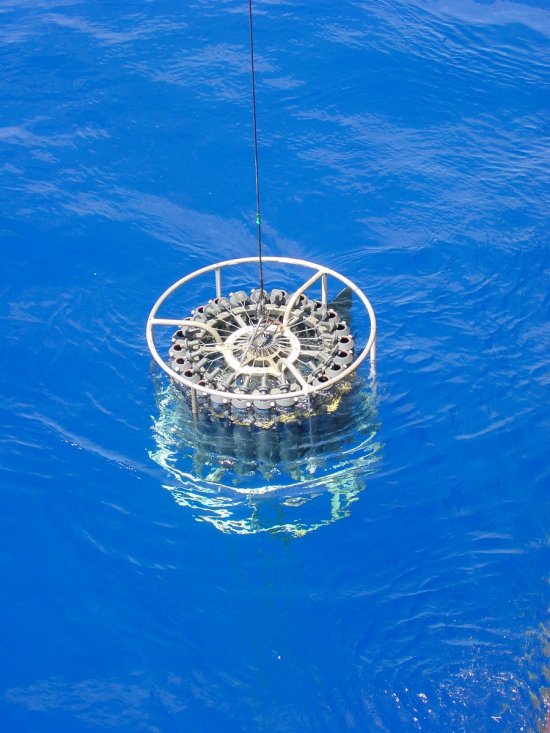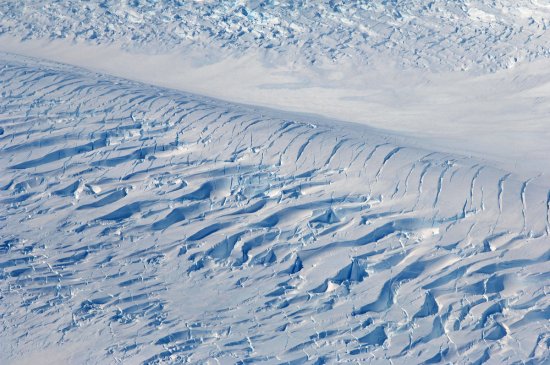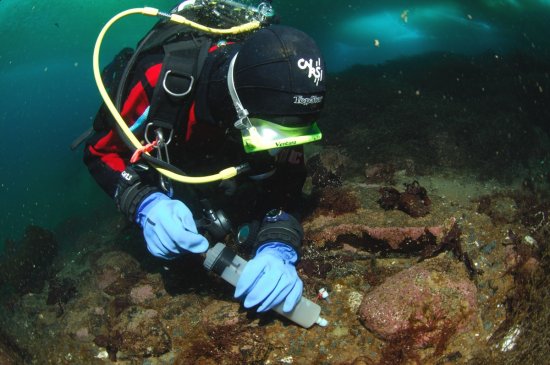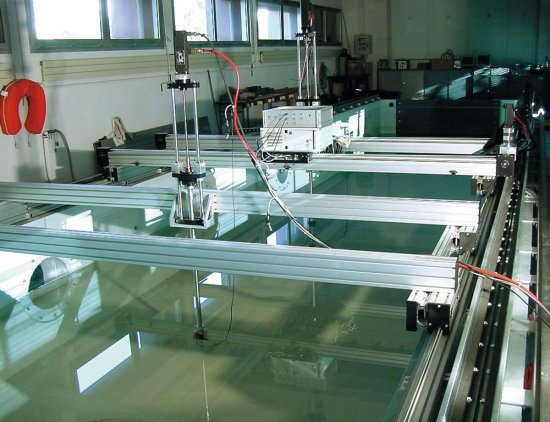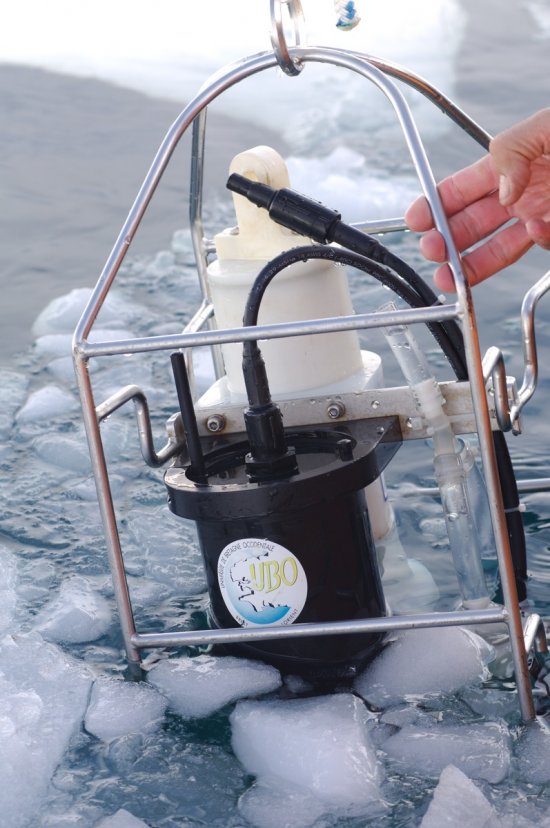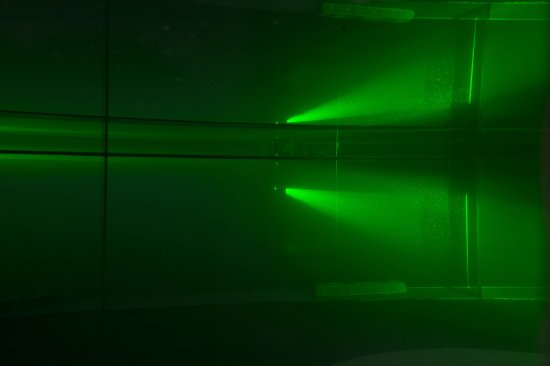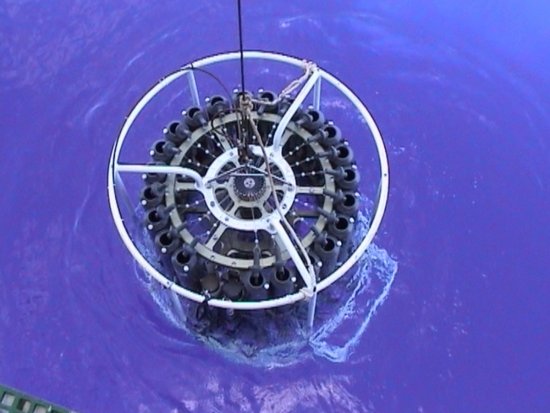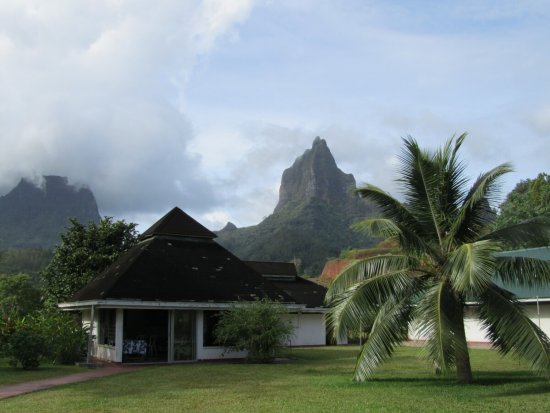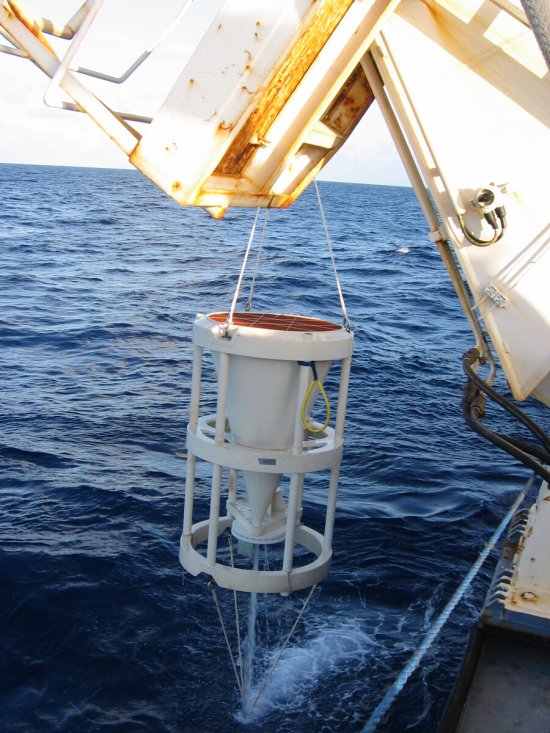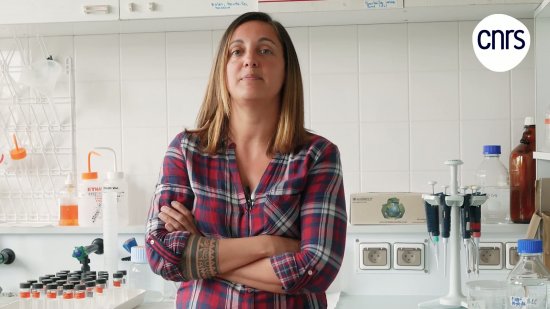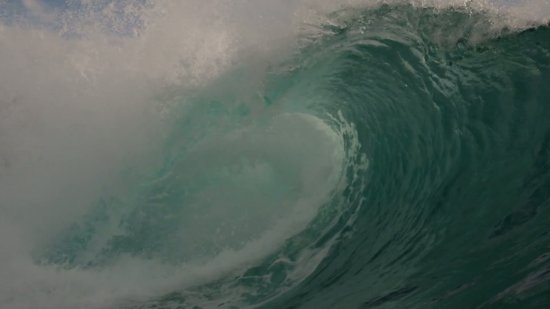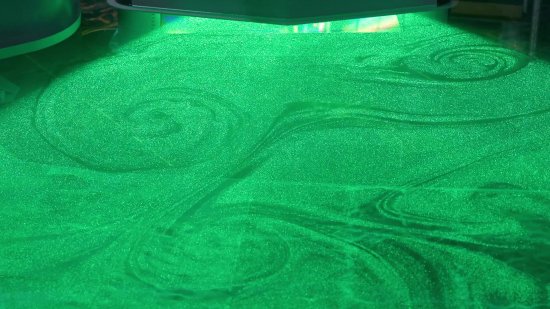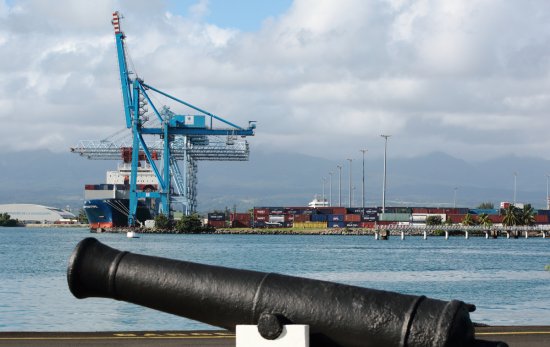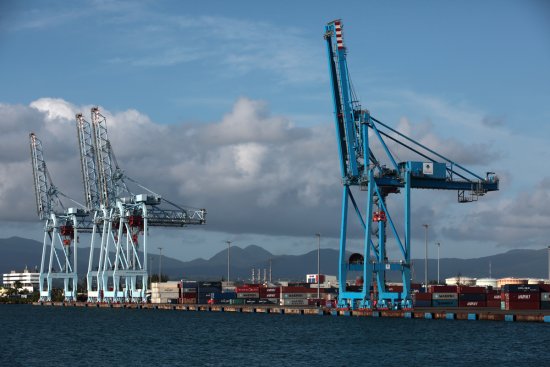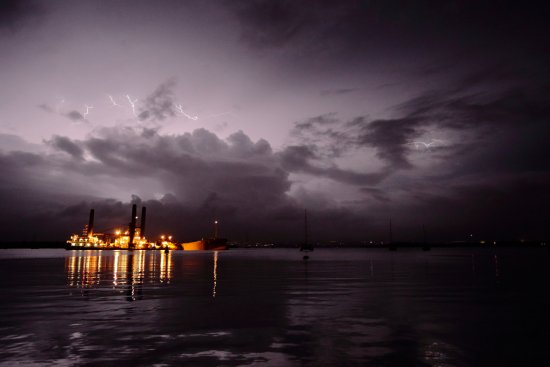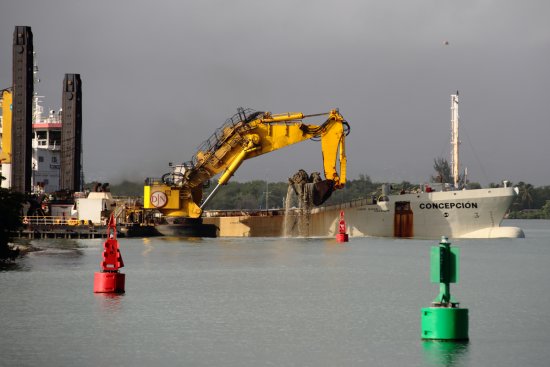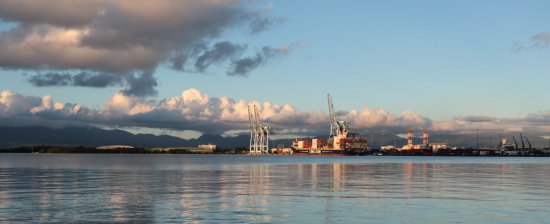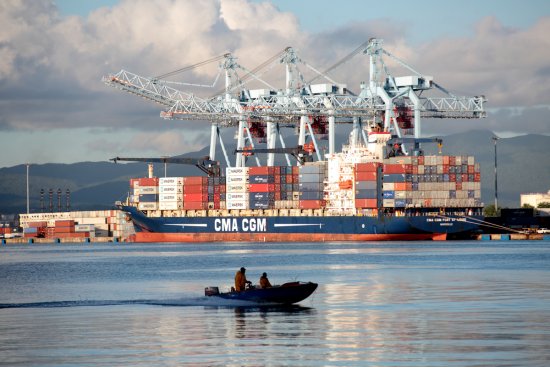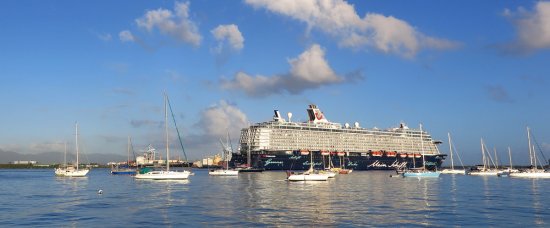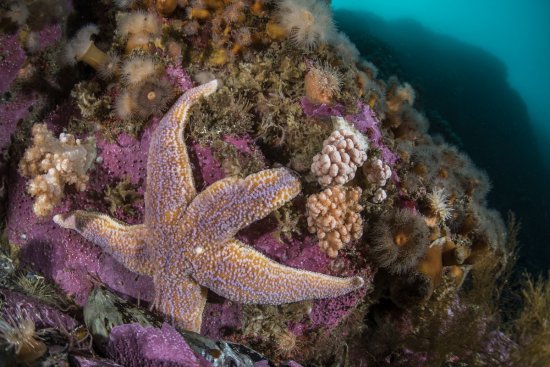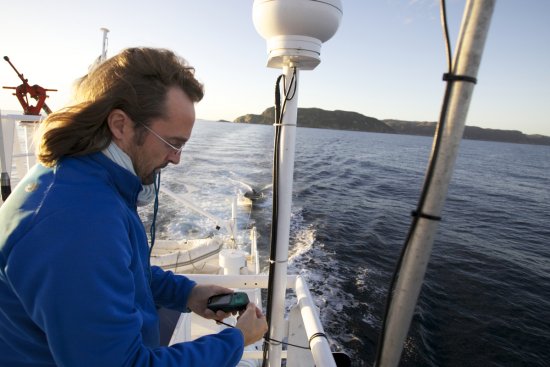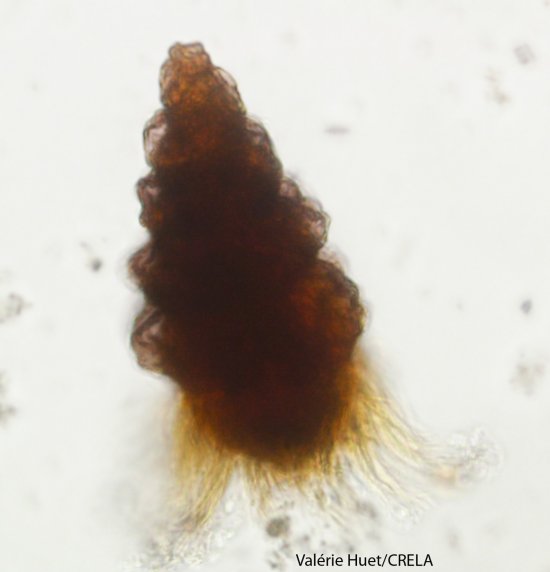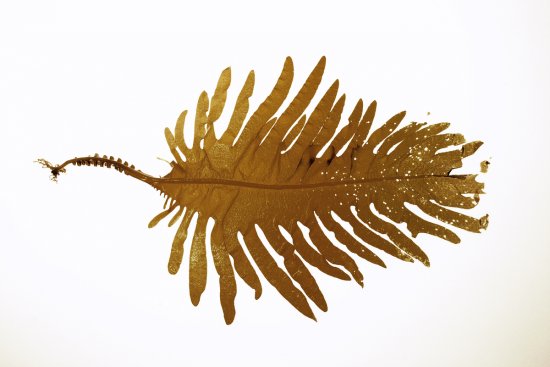Only available for non-commercial distribution
© CNRS Images - 2019
Reference
6723
Nanoplastics, a bitter-tasting soup?
Nanoplastics with a size of less than a thousandth of a millimetre are the finest form of plastic pollution. The Pepsea research project focusses on a type of nanowaste that is still poorly understood. Researchers chose Guadeloupe to study its impact on the environment. The island is exposed to the ocean and the North Atlantic Gyre making it an area of plastic accumulation. It is the perfect field of study for researchers who are going to explore its beaches and mangroves. They investigate the capacity of nanoplastics to accumulate metals and carry pollutants in relation to the effects of different water parameters (salinity, temperature, and pH) on this kind of nanowaste. Finally, they investigate the accumulation of nanoparticles in the animals of the various sites.
The data collected on site will be used to replicate these conditions in the laboratory to study the behaviour of nanoplastics in a controlled context. Understanding their impact on the environment is a major issue, when 9 million tonnes of plastic waste are dumped into the world's oceans every year.
Duration
Production year
Définition
Color
Sound
Version(s)
Original material
The use of media visible on the CNRS Images Platform can be granted on request. Any reproduction or representation is forbidden without prior authorization from CNRS Images (except for resources under Creative Commons license).
No modification of an image may be made without the prior consent of CNRS Images.
No use of an image for advertising purposes or distribution to a third party may be made without the prior agreement of CNRS Images.
For more information, please consult our general conditions
Transcription

